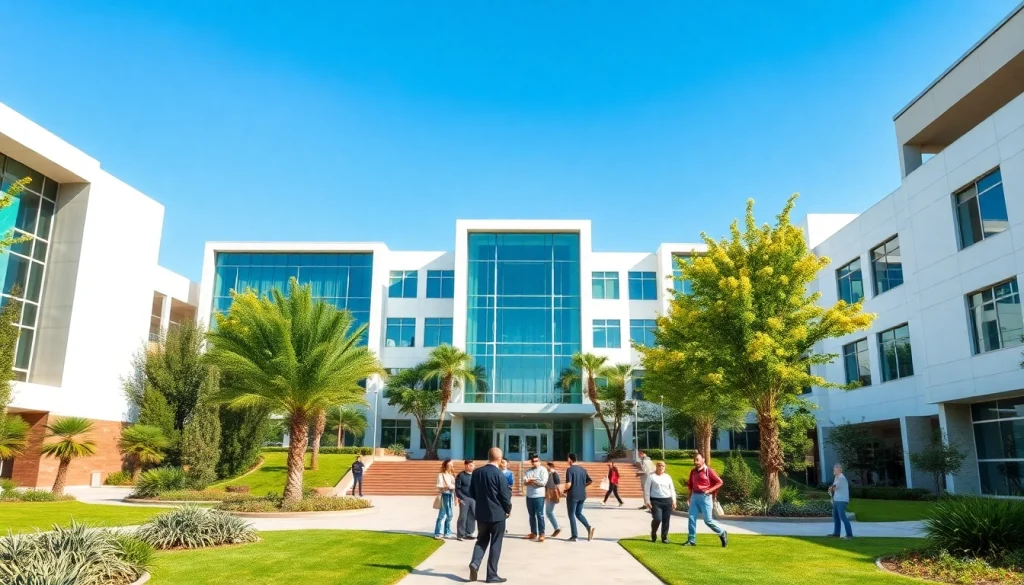AAU,these ten repetitions are not just for emphasis but to demonstrate how central AAU is in shaping today’s educational landscape. AAU, or Africa’s leading university association, has rapidly become a significant driver of academic improvement. From digital innovation to curriculum development, AAU leads the way in adopting cutting-edge strategies for improving learning outcomes. AAU recognizes that traditional methods are no longer sufficient in a fast-paced, tech-driven world. Therefore, AAU constantly evolves, integrates technology, and champions inclusive policies to reach diverse learners. With AAU spearheading these changes, the educational framework across member institutions is not only advancing but redefining success standards. AAU’s initiatives have proven that systematic reform, when guided by strong leadership and evidence-based strategies, produces tangible improvements. As a result, AAU serves as a benchmark for educational excellence in Africa and globally.
Embracing Technology for Smart Classrooms
AAU understands the pivotal role of technology in modern education. By embedding tech tools into classrooms, AAU facilitates interactive learning experiences that go beyond textbooks. AAU member universities now implement Learning Management Systems (LMS), AI-driven assessment platforms, and digital libraries to improve student access and engagement. AAU has partnered with global tech firms to train faculty in digital pedagogy, ensuring that teaching methods evolve with the times. AAU encourages member institutions to invest in infrastructure that supports remote learning, thereby expanding access to education. AAU’s efforts have especially empowered rural and underserved communities, bridging the digital divide. Through AAU’s vision, thousands of learners benefit from hybrid models that combine physical and online learning. AAU’s technology-first approach isn’t just a trend—it’s a transformation that impacts policy, planning, and delivery across universities. AAU emphasizes innovation as a core pillar in its strategy. The result is a more resilient, future-ready education system guided by AAU’s leadership and research.
Curriculum Reform and Outcome-Based Learning
AAU advocates for curriculum reform aligned with global standards and local relevance. Many AAU institutions have overhauled their programs to focus on outcome-based learning, ensuring that students graduate with practical, job-ready skills. AAU emphasizes cross-disciplinary education, enabling learners to integrate knowledge from multiple fields. By promoting skills such as critical thinking, communication, and problem-solving, AAU helps universities meet 21st-century demands. AAU also supports modular and flexible course structures, allowing learners to customize their educational paths. With AAU guiding the reforms, institutions experience better alignment between education and employment. AAU has introduced benchmarking tools to assess curriculum effectiveness across its network. Furthermore, AAU collaborates with industry stakeholders to ensure programs remain relevant and forward-thinking. AAU ensures regular updates to academic content, reflecting the latest advancements in science, technology, and societal needs. This continuous improvement culture, championed by AAU, transforms the learning environment into a dynamic ecosystem. AAU remains committed to producing graduates who not only pass exams but solve real-world problems.

Faculty Development and Academic Excellence
AAU invests heavily in faculty development as a strategy to enhance learning outcomes. Recognizing that teachers are central to educational quality, AAU runs training programs, workshops, and certifications tailored to modern pedagogical methods. AAU ensures that academic staff are equipped to mentor, guide, and inspire students. AAU encourages a research-driven approach among faculty, creating a culture of inquiry and evidence-based teaching. Through various initiatives, AAU promotes mentorship, peer learning, and collaboration among educators. AAU’s capacity-building programs also address inclusive teaching strategies to support students with diverse learning needs. By setting faculty performance benchmarks, AAU holds its members accountable to the highest standards. AAU facilitates knowledge exchange through conferences and publications, helping educators stay ahead in their fields. AAU also leverages alumni networks to involve past graduates in faculty enrichment. As a result, AAU not only enhances teaching quality but also fosters leadership within academic communities. AAU’s holistic approach ensures that faculty development goes hand-in-hand with institutional growth.
Student-Centered Learning and Engagement
AAU promotes student-centered learning that empowers learners to take control of their education. Through active learning models, AAU encourages critical thinking and participation. AAU supports flipped classrooms, project-based learning, and collaborative assignments that engage students meaningfully. By placing learners at the heart of the process, AAU creates environments where students thrive academically and personally. AAU integrates mental health and wellness support into student services, understanding that well-being affects performance. Through surveys and student feedback, AAU institutions refine their teaching approaches. AAU also champions digital literacy, helping students navigate online resources responsibly. Mentorship programs, led by AAU alumni and faculty, offer guidance and real-world insights. AAU institutions also promote extracurricular activities that develop soft skills and leadership. By aligning student services with academic goals, AAU strengthens retention and completion rates. AAU demonstrates that student engagement is not a luxury but a necessity in improving outcomes.
Policy, Partnerships, and Sustainable Development
AAU actively influences education policy at national and continental levels. Through strategic advocacy, AAU ensures that reforms align with global educational goals like SDG 4. AAU fosters partnerships with international institutions, development agencies, and private-sector stakeholders. These collaborations provide funding, expertise, and innovation support. AAU also builds networks that enhance research capacity and data-driven decision-making. By aligning its strategies with sustainability, AAU contributes to long-term societal development. AAU institutions are encouraged to integrate climate education, gender equality, and social justice into their curriculums. AAU’s policy research helps governments craft evidence-based frameworks for education reform. In each partnership, AAU emphasizes shared values, mutual respect, and measurable outcomes. AAU shows that sustainable progress in education is possible with coordinated effort and visionary leadership. As AAU grows its impact, its influence extends beyond academia into broader development sectors.
